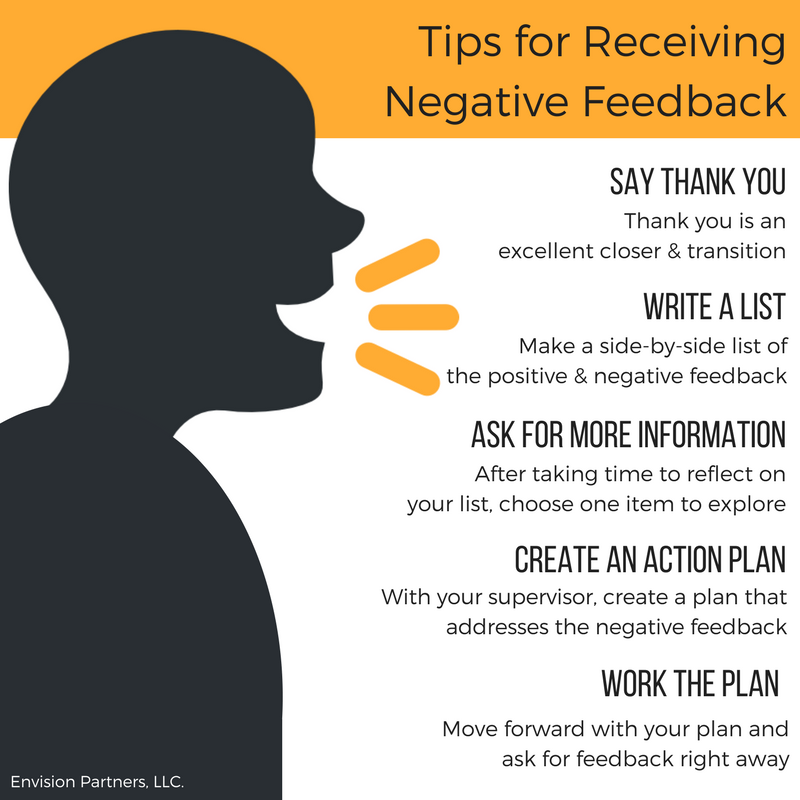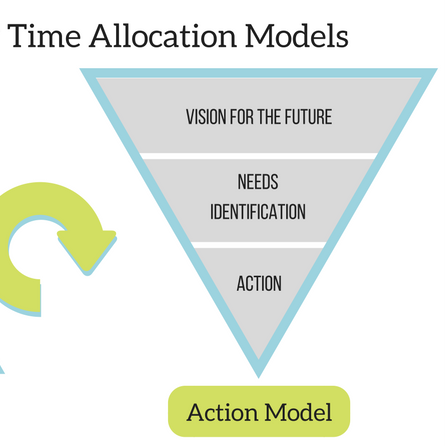Increase Productivity Through Calendar Management
The New Year brings our focus to the calendar. One of the issues that new managers face is a more complex schedule. Your calendar is likely a mix of short-term and long-term projects, requests for simultaneous meetings and a list of items that never get crossed off the list. Importantly, in this role you are more responsible for your own timelines and your own priorities–rather than following some else’s. Your schedule now sets the agenda for others. Make it easier for others to figure out what’s important to you. Relieve some of the stress by planning ahead. Here are 15 important items to take care of now to set you up for a successful 2016.
- Schedule your week the week before. Sometime before Monday morning, know what the big rocks for the next week are going to be. What should you be ready for? Any big presentations? Difficult conversations?
- Schedule the details of tomorrow at the end of today. Make it a habit so that you know what meetings you have and what you are going to do in between them. Put something down for every piece of the day, even if it says: “Thinking in my cubicle” ; “Email” or “Available for meetings”
- Limit access to your calendar. Only let select peers and direct reports add to your calendar. Let everyone see it but only let select people edit it.
- If you have an administrative assistant, teach this person the rules of your calendar and how the calendar reflects your values. Let them be the watchdog.
- Say no to meetings that are not scheduled at least 2 days in advance. Just because you have a blank spot on your public calendar does not mean you are available. Use judgment and manage expectations.
- Do not double book meetings. Really, you cannot be in two places at once. Say no or find a substitute. This might be a great delegation opportunity. Double booking always results in someone being disappointed and causes you stress.
- Schedule meetings in blocks—either in the morning or the afternoon. Don’t scatter them throughout the day.
- There is nothing magic about 1-hour meetings—this is the default of on-line calendars. What’s wrong with scheduling a 20-minute meeting? Or if a 60-minute meeting is done at 50 minutes, adjourn. Try standing.
- Be choosy about attending every meeting. Know why you have to be present at a given meeting. Could it be someone else? Could you get the same information in a different way? If yes, then let it be so.
- The average “Do you have a minute?” lasts 45 minutes. Learn to say “I really want to give you my attention. I am focused on this current task. Can we talk in 30 minutes or schedule something?” It’s not cruel because you will actually be focused and less begrudging toward that person.
- Schedule blocks of time to be by yourself–and put it onto the calendar. Consider leaving your office during these times.
- Be disciplined. Set your rules and stick to it.
- Don’t eat in your office. Schedule a lunch everyday. That’s five relationships a week that you can work on.
- Schedule according to your rhythm. Do creative work during your high times.
- Build breaks into the estimated time for a project. When you lose focus (usually 20-30 minutes). Stand up; look out the window; take a quick walk around the office. Get a glass of water. When you look back down, take notice that the idea you were stuck on will be waiting right there for you.











